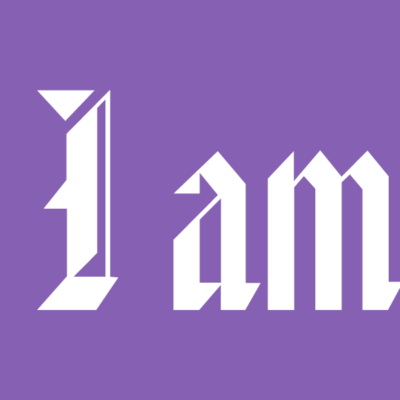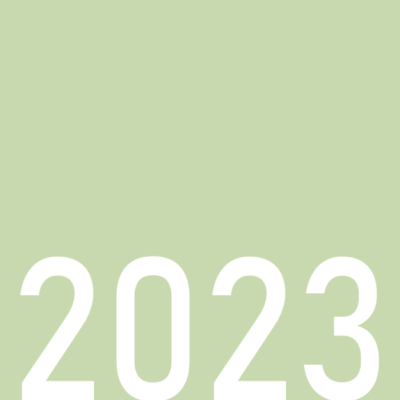This year, the 4th Sunday of Easter is April 17th. But “Year C”, what’s that all about? Have you ever talked about Sunday’s sermon with a friend from another denomination, or even Catholic, and he or she heard the same Scripture and a similar sermon? Here’s why.
The church year is broken up into Seasons: Advent, Christmas, Epiphany, Lent, Easter and the Season after Pentecost. The Revised Common Lectionary (RCL) is a three-year cycle of weekly lections used to varying degrees by the vast majority of mainline Protestant churches in Canada and the United States. The RCL is built around the seasons of the Church Year, and includes four lections for each Sunday, as well as additional readings for major feast days. During most of the year, the lections are a reading from the Hebrew Bible, a Psalm, a reading from the Epistles, and a Gospel reading. During the season of Easter, the Hebrew Bible lection is usually replaced with one from the Acts of the Apostles. The lections from the Hebrew Bible are sometimes chosen from the Apocrypha.
For example, this coming Sunday’s readings will be Acts 9:36-43, Psalm 23, Revelation 7:9-17 and John 10:22-30. Look for some or all of these scripture readings on Sunday. Some congregations make “Christ in Our Home” (Augsburg Fortress ISSN 0412-2968) available to members; individual subscriptions are also available. This devotional booklet follows the Lectionary.
The gospel readings for each year come from one of the synoptic gospels according to the following pattern:
- Year A – Matthew
- Year B – Mark
- Year C – Luke
Readings from the Gospel of John can be found throughout the RCL.
Jesus prays for all believers in John 17:20-21 (NIV): “My prayer is not for them alone. I pray also for those who will believe in me through their message, that all of them may be one, [emphasis added] Father, just as you are in me and I am in you. May they also be in us so that the world may believe that you have sent me.”
The things that divide us into denominations are of man and not of God. There is so much more that we have in common than things that divide us. The RCL was produced by The Consultation on Common Texts (CCT). Current members if the CCT are American Baptist Churches/USA, The Anglican Church of Canada, Canadian Conference of Catholic Bishops, Christian Church (Disciples of Christ), Christian Reformed Church in North America, Church of the Brethren, Episcopal Church, Evangelical Lutheran Church in America, Evangelical Lutheran Church in Canada, Free Methodist Church in Canada, Liturgy and Life: American Baptist Fellowship of Liturgical Renewal, Lutheran Church – Missouri Synod, Mennonite Church, National Conference of Catholic Bishops of the United States, North American Lutheran Church, Polish National Catholic Church, Presbyterian Church (U.S.A.), Presbyterian Church in Canada, Reformed Church in America, Unitarian Universalist Christian Fellowship, United Church of Canada, United Church of Christ, United Methodist Church, and Wisconsin Evangelical Lutheran Synod.
For more information about the Lectionary, see the Vanderbilt Divinity Library.
In His service together with you,
Dave Lambert
NLS Database Coordinator
p.s. Chaplain Doug Givan is still away at a training conference so I have again brought you today’s message in his stead.
Eric is our current Webmaster and works on the NLS Communications Team. Raised in Judaism, he found Christ and the New Testament at age 16 in a Southern Baptist Church. He searched many denominations for the real church, only to find the Holy Spirit is present in all of them. He's worked for One for Israel, a group of native Israeli believers who are sharing the gospel in the holy land in Hebrew and is part of the only Hebrew speaking seminary in Israel.


